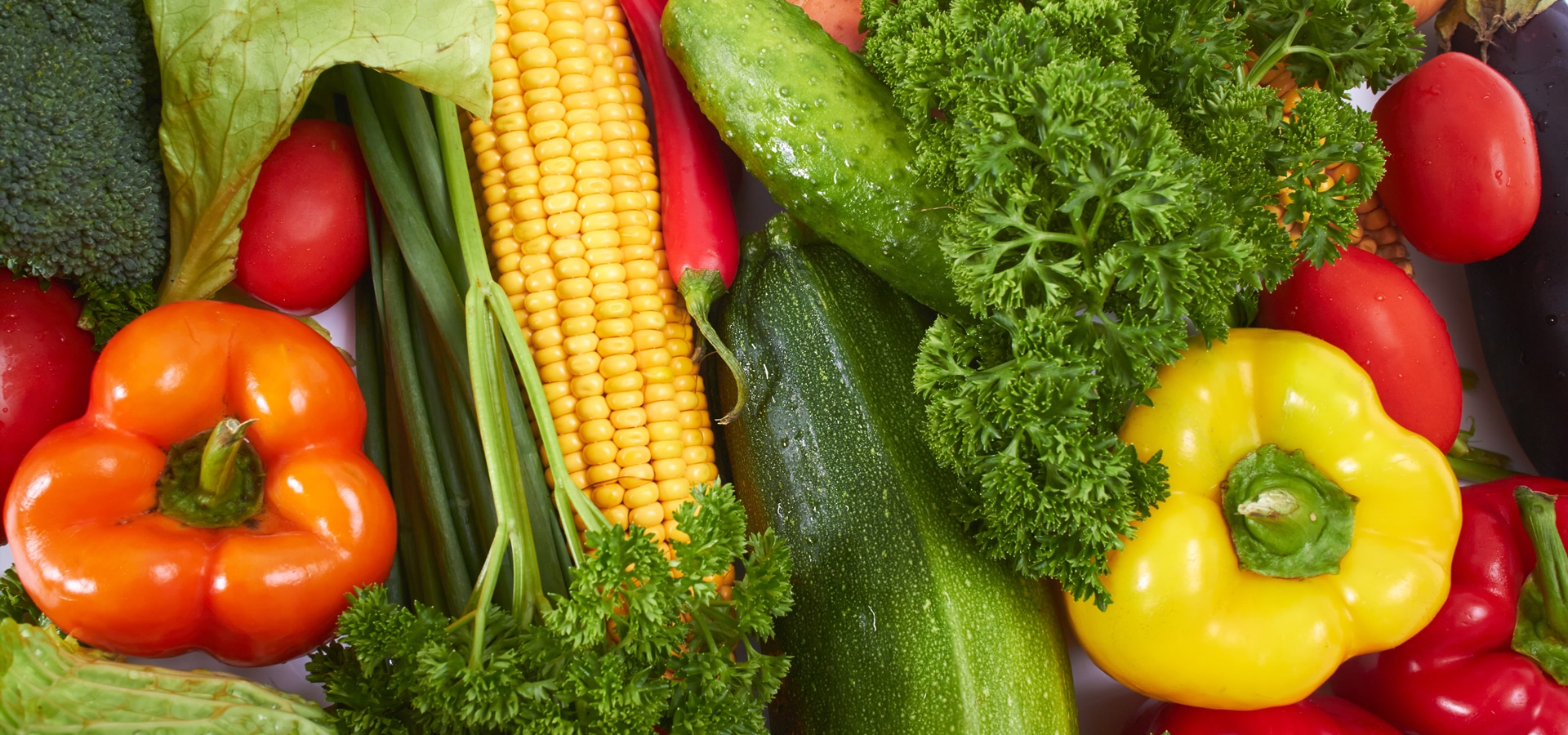Did you know eating certain foods can actually improve eye sight, slow down the ageing of your eyes and keep your eyes in good health? Here is a guide on how different types of food can improve eye health.
Nutrients and vitamins such as vitamin A, omega 3s, and zinc have been proven to benefit the eyes. Cardiovascular disease, diabetes, and eye conditions including cataracts and age-related macular degeneration (AMD) have been shown to occur less frequently in people who eat diets rich in vitamins and minerals.
What Are The Best Foods for Eye Health?
So there’s more to eye nutrition than just carrots! From Kale to Grapefruit, here are 15 foods that can improve your eye health:
1. Fish
Fish such as tuna, mackerel and salmon are rich in omega-3 fatty acids and studies have shown these acids are essential for vision development in children. Studies also suggest omega-3 also helps protect adults suffering from dry eyes, macular degeneration and even cataracts. If you’re not a fan of seafood, then fish oil supplements will also do the trick.
2. Kale
Rich in cancer-fighting antioxidants and vitamins, kale is a good source of beta-carotene and is the top combo of both lutein and zeaxanthin. Just one cup of kale contains 23.8 mg of lutein and zeaxanthin.
3. Carrots
We’ve all heard the saying “eating carrots will help you see in the dark” and this is in fact true – to a certain extent! Carrots contain vitamin A, which protects the eyes by helping to absorb light. Increased levels of vitamin A means your eyes can absorb more energy and become more sensitive in dim light. Eating carrots can also help prevent cataracts, AMD and corneal ulcers.
4. Eggs
The vitamins and nutrients found in eggs, which include lutein and vitamin A (which may protect against night blindness and dry eyes), promote eye health and function.
5. Citrus Fruits
Oranges, grapefruits, lemons and berries are high in vitamin C, which may reduce the risk of cataracts and AMD and contain anti-inflammatory properties which have been proven to support healthy functioning of the eyes.
Want To Find Out If You're Suitable?
If you're wondering whether laser eye treatment is the right choice for you, there are some key things to consider...
6. Sunflower Seeds
Sunflower seeds are an excellent source of vitamin E and zinc, and numerous studies have shown that these vitamins can significantly lower the risk of cataracts.
7. Various Nuts
Pistachios, walnuts, almonds are all rich in omega-3 fatty acids and vitamin E that boost your eye health. One handful provides about half of your daily dose of vitamin E.
8. Turkey
Turkey is loaded with zinc and niacin, which have been proven to help cataracts.
9. Pulses
Kidney beans, black-eyed peas and lentils are good sources of bioflavonoids and zinc — and can help protect the retina and lower the risk for developing macular degeneration and cataracts.
10. Beef
In moderation, lean beef in your diet can boost your eye health. Beef contains zinc, which helps your body absorb vitamin A and may play a role in reducing risk of advanced age-related macular degeneration.
11. Broccoli
Broccoli contains eye-boosting beta-carotene, as well as lutein and zeaxanthin, which help delay the onset of cataracts and macular degeneration. Another popular green vegetable the brussel sprout offers similar benefits!
12. Peppers
Peppers come in all different colors and contain numerous nutrients such as vitamin C, vitamin A, lutein, and zeaxanthin – all of which have been shown to improve eyesight and maintain eye structure.
13. Tomatoes
Tomatoes are packed with carotenoids, including lycopene, which helps give tomatoes their vibrant red color. Research shows that the lycopene helps prevent light-induced damage to the retina and other areas of the eye. Tomatoes are also an excellent source of vitamin C, another eye protector.
14. Sweetcorn
Sweetcorn is a great source of lutein and zeaxanthin. The macular region of the eye has a high concentration of these substances, which implies they play an important role in keeping your eyes healthy.
15. Sweet Potato
This bright-orange root vegetable provides beta carotene, just like carrots, and may help slow the progress of macular degeneration. Your body converts beta carotene to vitamin A, the nutrient that helps prevent dry eyes and night blindness. Beta carotene and vitamin A also help reduce the risk eye infections.

